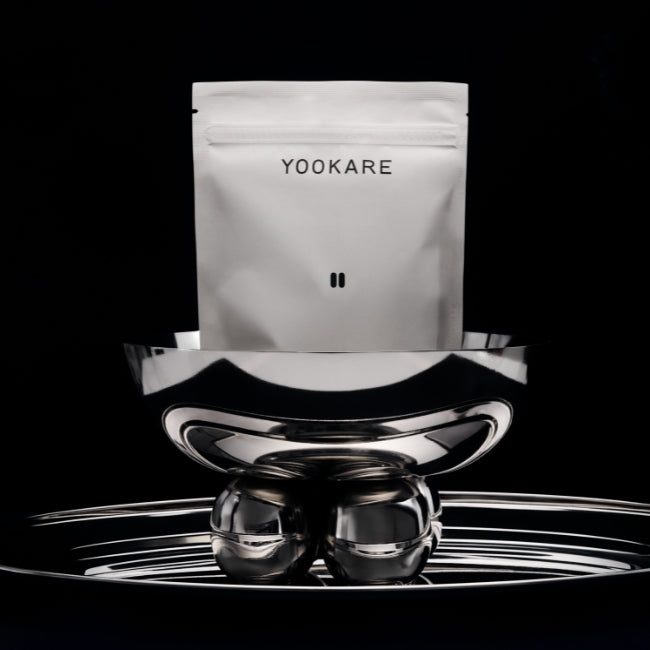
The Best Diets for Aging Well and Promoting Longevity
Aging well isn't just about living a long life, but about living a long, healthy life. Aging is often accompanied by changes in metabolism, the immune system, and body composition, increasing the risk of chronic diseases. Nutrition plays a crucial role in maintaining health throughout life and can have a significant impact on longevity. Several diets, often based on scientific studies or cultural traditions, have been proven effective in aiding healthy aging and extending lifespan.
This article explores the best diets for aging well and how these dietary approaches can positively influence longevity.
1. The Mediterranean Diet: A Pillar of Longevity
The Mediterranean diet is one of the most studied diets for its health and longevity benefits. This diet, based on the eating habits of Mediterranean countries, particularly Greece and Italy, has been linked to a reduced risk of chronic diseases, including heart disease, diabetes, and certain cancers.
a. Main characteristics
-
Rich in healthy fats : This diet promotes the use of extra virgin olive oil, which is rich in monounsaturated fatty acids, which protect the heart and reduce inflammation.
-
High fruit and vegetable consumption : Foods rich in antioxidants and fiber help protect against cellular aging and maintain good digestive health.
-
Moderate protein consumption : The diet emphasizes the consumption of omega-3-rich fish and legumes, while limiting the consumption of red and processed meat.
-
Moderate red wine intake : Consumed in moderation, red wine is rich in resveratrol , an antioxidant associated with longevity.
b. Effects on longevity
Studies show that people who follow the Mediterranean diet have a longer lifespan and better cardiovascular health. Antioxidants found in fruits, vegetables, and red wine help reduce oxidative damage, a key factor in aging. Omega-3s, found abundantly in oily fish, are also beneficial for cognitive health and the prevention of degenerative diseases.
2. The Okinawa Diet: The Secret of Japanese Centenarians
The Okinawa diet, originating from the Japanese island of Okinawa, is often cited as one of the most effective diets for promoting longevity. The island is home to one of the highest concentrations of centenarians in the world, and their diet plays a crucial role in this phenomenon.
a. Main characteristics
-
Rich in vegetables and high-fiber foods : The diet focuses on vegetables such as sweet potato, daikon radish, and seaweed, which are rich in nutrients and low in calories.
-
Low in calories : One key practice is hara hachi bu, which means "eating until 80% full." This moderate calorie restriction is linked to improved longevity by limiting the metabolic damage associated with overeating.
-
Plant-based protein : The Okinawan diet emphasizes plant-based protein from sources such as tofu and legumes, with moderate consumption of fish and pork.
b. Effects on longevity
The Okinawa diet is rich in antioxidants and polyphenols, which help fight oxidative stress and inflammation, two major factors in aging. Additionally, the low calorie density of this diet helps maintain a healthy weight, reducing the risk of metabolic diseases like type 2 diabetes. Studies show that the moderate calorie restriction practiced in this diet can improve cellular health and extend lifespan.
3. The Nordic Diet: The Scandinavian Version of Longevity
The Nordic diet shares many similarities with the Mediterranean diet, but with local ingredients specific to Scandinavian countries. It was developed to reduce chronic diseases and improve the overall health of Nordic populations.
a. Main characteristics
-
Rich in oily fish and root vegetables : Salmon, herring, and trout, rich in omega-3s, are eaten regularly. Root vegetables, such as carrots and potatoes, are also common.
-
Whole Grains : Rye, barley, and oats are staples of the Nordic diet, providing fiber that is beneficial for digestive and metabolic health.
-
Berries : Berries, especially blueberries and blackberries, are rich in antioxidants, which help protect cells against aging.
b. Effects on longevity
The Nordic diet is associated with a reduced risk of cardiovascular disease, thanks to its high content of omega-3 fatty acids and fiber. Berries and root vegetables, rich in vitamins and minerals, help reduce chronic inflammation and support the immune system. Studies suggest that this diet contributes to better overall health and increased longevity.
4. The Plant-Based Diet: For Gentle Aging
The plant-based or vegan diet is gaining popularity not only for ethical and environmental reasons, but also for its positive effects on longevity. This diet excludes animal products and emphasizes vegetables, fruits, legumes, whole grains, nuts, and seeds.
a. Main characteristics
-
High in fiber and antioxidants : Fresh vegetables and fruits, as well as legumes, are rich in fiber, vitamins and antioxidants, which promote cardiovascular health and reduce inflammation.
-
Lack of saturated fat : By excluding animal products, the plant-based diet is low in saturated fat, which is linked to an increased risk of cardiovascular disease.
-
Alkaline diet : This diet favors alkaline foods like green vegetables, which help maintain the body's acid-base balance, reducing inflammation and cell damage.
b. Effects on longevity
Studies show that people who follow a vegan or plant-based diet have a reduced risk of chronic diseases, including heart disease, diabetes, and certain cancers. The richness of fiber and essential nutrients supports gut health, which is increasingly recognized as a key factor in longevity. Additionally, the antioxidants found in fruits and vegetables help protect cells from aging-related damage.
5. The Flexitarian Diet: The balance between moderation and benefits
The flexitarian diet is a flexible approach that favors a primarily vegetarian diet while allowing occasional consumption of meat or fish. This diet combines the benefits of both vegan and omnivorous diets, while encouraging moderation.
a. Main characteristics
-
High consumption of vegetables and fruits : The flexitarian diet emphasizes plant-based foods, rich in essential nutrients and fiber.
-
Plant and animal proteins : Although plant proteins such as legumes and tofu are favored, this diet also includes lean animal proteins, such as fish or chicken, in moderate amounts.
b. Effects on longevity
The flexitarian diet helps reduce excessive consumption of red and processed meat while maintaining a balanced diet rich in essential nutrients. It has been linked to a reduced risk of cardiovascular disease and improved weight management, two important factors for healthy aging.
Conclusion
Longevity and healthy aging depend on multiple factors, but diet plays a central role. Diets such as the Mediterranean diet, the Okinawan diet, the Nordic diet, the plant-based diet, and the flexitarian diet offer powerful dietary strategies to reduce the risk of chronic diseases and support a long and active life. By adopting a nutrient-dense, low-calorie diet.



